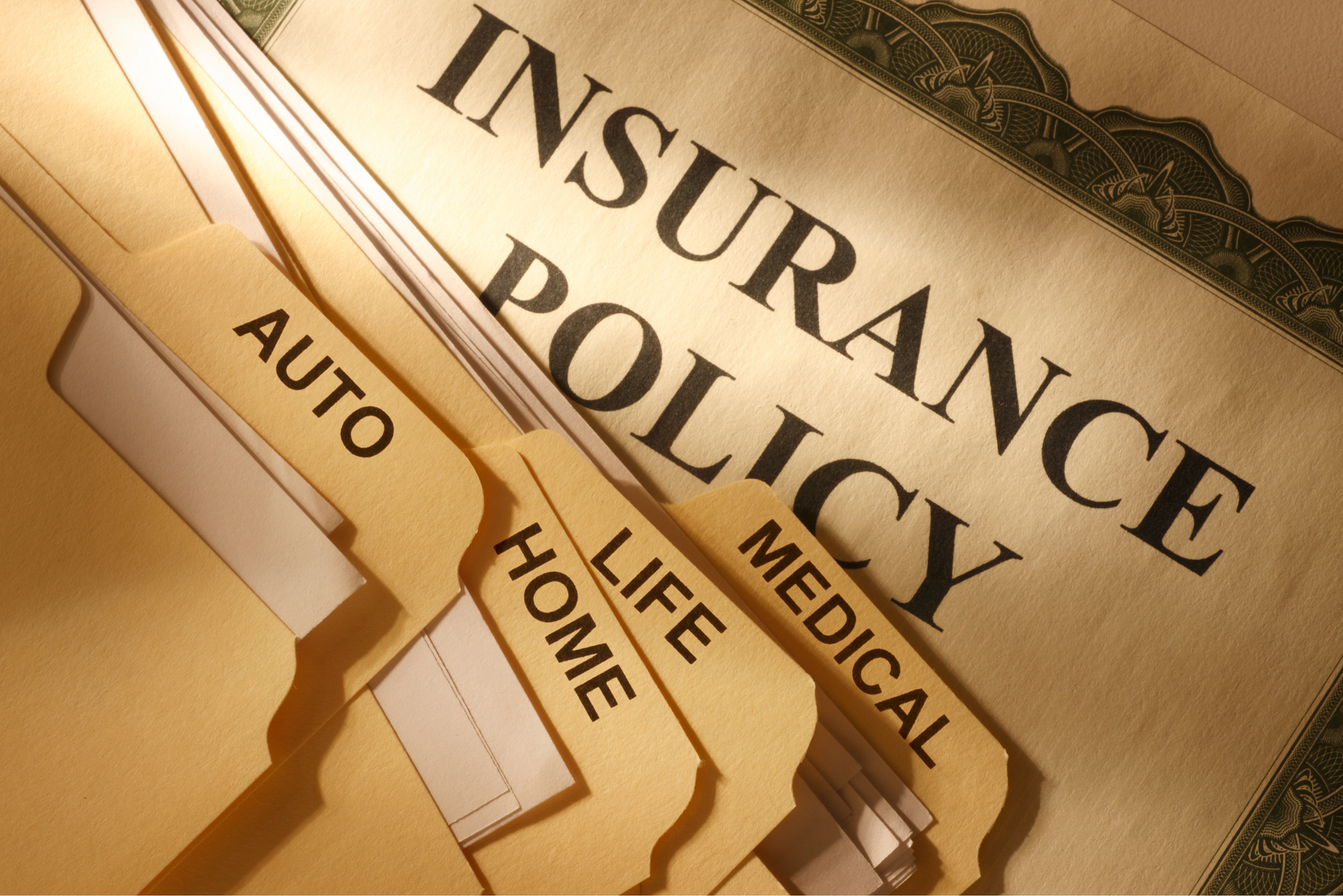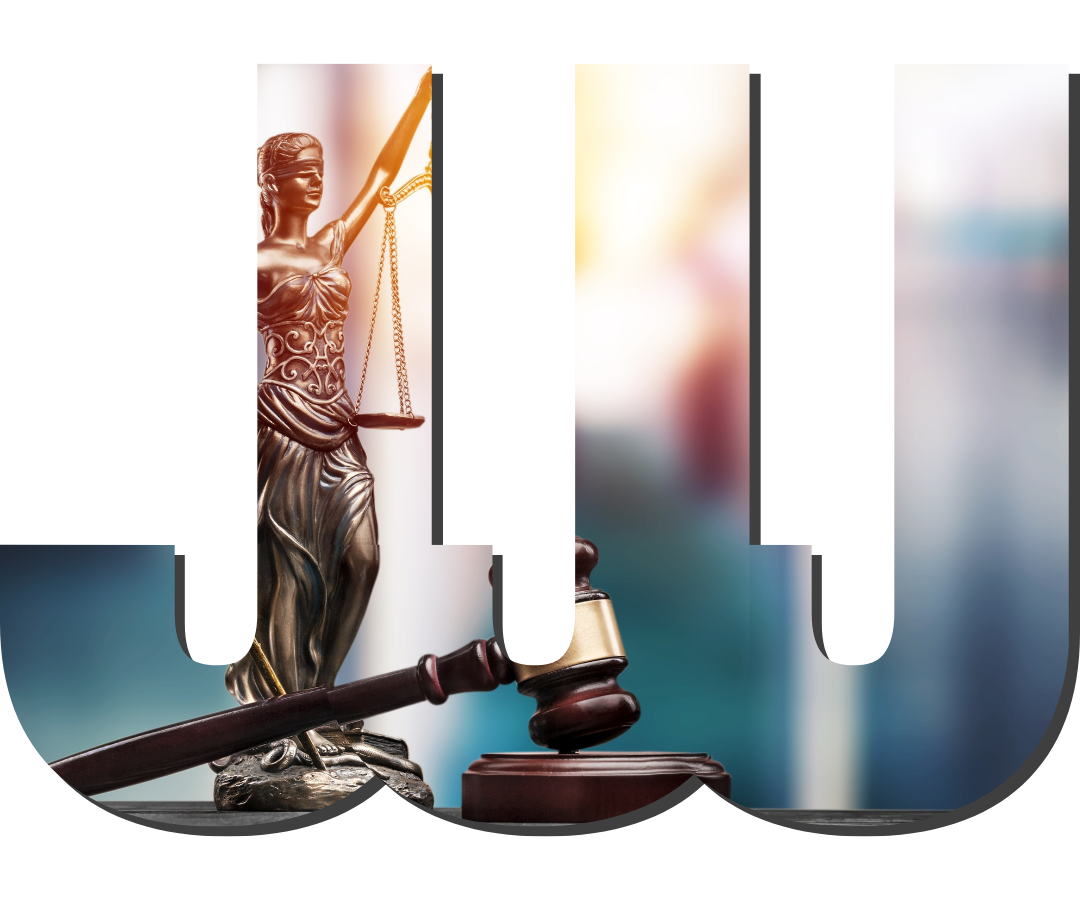Denial of Coverage
How Insurance Denial Affects Homeowners with Storm Damage and When to Seek Legal Help
Storms are an inevitable part of nature, often leaving behind a trail of destruction that can shatter the tranquility of your home. For homeowners, dealing with storm damage is a stressful experience compounded by the complexities of insurance claims. The harsh reality is that insurance companies don't always approve claims, leaving homeowners feeling helpless and financially burdened.
In this article, we'll explore how insurance denial of coverage affects homeowners with storm damage and why sometimes seeking legal help becomes essential.
The Impact of Insurance Denial
Insurance policies are designed to provide a safety net during unforeseen events, such as storm damage. However, when an insurance claim is denied, it can have significant consequences for homeowners:
Financial Strain
The immediate impact of a denied claim is financial strain. Homeowners are left to bear the full cost of repairs and replacements, which can run into thousands of dollars. For many, this unexpected expense can strain their finances, leading to debt or compromised living conditions.
Emotional Stress
Beyond the financial implications, insurance denial can cause immense emotional stress. The frustration of navigating the claims process, coupled with the anxiety of repairing a damaged home, takes a toll on mental well-being. This stress can affect relationships, work performance, and overall quality of life.
Delayed Repairs
When insurance coverage is denied, homeowners may delay essential repairs due to lack of funds. This delay can exacerbate the damage, leading to more significant issues such as mold growth, structural weakening, and compromised safety. What could have been a manageable repair turns into an extensive and costly renovation.
Legal Battles
In some cases, homeowners may find themselves entangled in legal battles with insurance companies. Challenging a denial requires understanding complex legal jargon and insurance policy details. This uphill battle often necessitates legal expertise, adding another layer of stress and financial burden.
Why Homeowners Need Legal Help
Navigating the aftermath of storm damage is challenging enough without the added complexity of dealing with insurance denials. Here’s why seeking legal help can make a crucial difference:
Expertise in Insurance Law
Insurance policies are laden with intricate language and clauses that can be difficult for the average homeowner to decipher. Legal experts specialize in insurance law and can interpret these documents to identify any unjust denial of coverage. They can pinpoint policy areas that might warrant approval and can effectively argue your case.
Negotiation Power
Insurance companies have teams of lawyers and adjusters working to minimize their payout. Homeowners, on the other hand, might find themselves at a disadvantage without proper representation. Hiring a lawyer levels the playing field, giving you negotiation power to ensure a fair settlement.
Preventing Further Denials
Legal counsel can guide homeowners through the claims process, ensuring all necessary documentation and evidence are submitted correctly. This proactive approach reduces the risk of future denials and streamlines the claims process, saving time and effort.
Peace of Mind
Knowing that a legal expert is handling your case provides invaluable peace of mind. It allows homeowners to focus on rebuilding and recovering from storm damage rather than getting bogged down by insurance disputes. This emotional relief can significantly improve overall well-being during a stressful period.
Examples Where Legal Help Can Make a Difference
Example 1: Overturned Denial Due to Policy Misinterpretation
John, a homeowner in Texas, faced significant roof damage after a severe hailstorm. His insurance company denied his claim, citing "wear and tear" as the reason. Frustrated and overwhelmed, John sought legal help. His lawyer identified that the policy included coverage for hail damage, and the denial was based on a misinterpretation. With legal intervention, John's claim was eventually approved, covering the entire cost of repairs.
Example 2: Negotiated Settlement for Partial Denial
Lisa, a homeowner in Florida, experienced flooding due to a hurricane. Her insurance company partially approved the claim, covering only a fraction of the repair costs. Lisa's lawyer negotiated with the insurer, presenting additional evidence and highlighting policy clauses that supported a full payout. The negotiation resulted in a significantly higher settlement, allowing Lisa to restore her home completely.
Conclusion
Dealing with storm damage is a challenging ordeal for any homeowner, made even more daunting by insurance claim denials. The financial, emotional, and practical impacts of such denials can be overwhelming. However, seeking legal help can provide the expertise, negotiation power, and peace of mind needed to secure a fair settlement.
If you find yourself facing an unjust insurance denial, don't hesitate to consult a legal expert. Sometimes, having a professional advocate by your side is the key to rebuilding your home and life after a storm.
Together, we can weather any storm.
Challenges in the Insurance Industry
Rise in Bad Faith Claims
There's been a rise in bad faith claims against insurers, indicating that policyholders are more aware of their rights and ready to challenge decisions they see as unfair or violating their policy terms.
Declining Consumer Trust in Insurance
Surveys show that consumer trust in the insurance industry drops due to unfair claim handling and bad faith practices. For example, a survey revealed that over 40% of people have moderate to low trust in insurers, mainly due to claim denials and disputes affecting their views.
Navigating Complex Bad Faith Insurance Claims Across States
Different states have varying legal approaches to bad faith insurance claims, each with specific statutes that define standards and remedies, highlighting the complexity of handling these claims and the importance for insurers to understand and adhere to the legal requirements in their operational areas.
In 2019, there were 1,520 tornadoes in the United States, resulting in 51 tornado-related deaths.
The 2011 Super Outbreak was the most devastating and costliest storm involving tornadoes, with 362 tornadoes killing 321 people and causing approximately $11 billion in damages.
Winter storms in 2019 resulted in 73 deaths and $2.1 billion worth of insured damage.
Hail causes between $8 and $14 billion in insured damages every year, impacting over 10 million properties.
In 2019, there were 1,520 tornadoes in the United States, resulting in 51 tornado-related deaths.
The 2011 Super Outbreak was the most devastating and costliest storm involving tornadoes, with 362 tornadoes killing 321 people and causing approximately $11 billion in damages.
Winter storms in 2019 resulted in 73 deaths and $2.1 billion worth of insured damage.
Hail causes between $8 and $14 billion in insured damages every year, impacting over 10 million properties.
Insurance wronged you? Trust A Firm With Over 10 Years Of Experience In Fighting For Others
Understanding Bad Faith Insurance Claims
Bad faith insurance claims arise when an insurance company fails to uphold its duty of good faith and fair dealing towards its policyholders. This can manifest in several ways, including unreasonably delaying the processing of claims, denying valid claims without proper investigation, or underpaying what is rightfully owed to you. Such actions not only betray the trust you place in your insurer but also add unnecessary stress and financial strain during already challenging times.
At Jason J. Joy & Associates, our specialization includes but is not limited to handling:
- Property Damage and Homeowners Insurance Claims
- Business Interruption Claims
- Life and Health Insurance Claims
- Fire, Wind, Water, Flood, Hail, and Hurricane Damage Claims
- Car Accident Damage Claims
Common Questions
Here are some common questions about our Insurance Bad Faith services.
What Constitutes Bad Faith in an Insurance Claim?
Bad faith in the context of insurance claims refers to an insurer's unreasonable or unfair handling of a claim. This can include unjustified denial of coverage, failure to communicate pertinent information to the claimant, delaying claim processing without reason, or not paying a claim without a valid basis.
The specific legal definition of bad faith can vary by jurisdiction, but it generally involves a breach of the insurer's duty to act in good faith and fair dealing with its policyholders.
What Are the Potential Damages in a Bad Faith Insurance Claim?
Damages in a bad faith insurance claim can go beyond the amount originally claimed and may include compensatory damages for losses suffered due to the insurer's bad faith actions (such as additional living expenses, legal fees, and emotional distress).
In some cases, punitive damages may also be awarded to punish the insurer for particularly egregious conduct and deter similar conduct in the future. The availability and extent of damages depend on state laws and the specifics of the case.
What is bad faith and how does it affect my claim?
If you have experienced delays, inadequate payments, or outright denials of your insurance claim without valid justification, inspection, or prior notice, you may have legitimate grounds to pursue a bad faith claim against your insurance provider.
In accordance with state laws, you may be entitled to seek damages up to three times the amount of losses incurred. To explore your options and safeguard your rights, we invite you to schedule a complimentary consultation with our office.
What Criteria Validate Pursuing an Insurance Bad Faith Claim?
To pursue legal action for an insurance bad faith claim, specific criteria must generally be satisfied. Initially, there should be evidence indicating that the insurance company neglected its obligations under the policy unreasonably, lacking a valid rationale for its behavior, like unjustly denying coverage or causing unnecessary delays in claim processing.
Additionally, the insurer must demonstrate intentional unfairness or blatant disregard for fairness, not just errors. The claimant must show harm or losses due to bad faith conduct, meeting the requirements to pursue legal action against the insurer for bad faith practices.
Common
Questions
Common
Questions
We will get back to you as soon as possible.
Please try again later.
Get Started With a Free Consultation
Contact Us
OR
Get Started With a Free Consultation
Contact Us
We will get back to you as soon as possible.
Please try again later.
OR CALL


